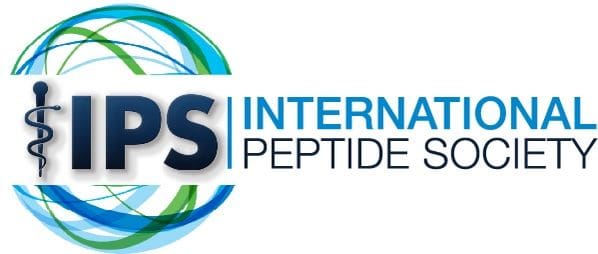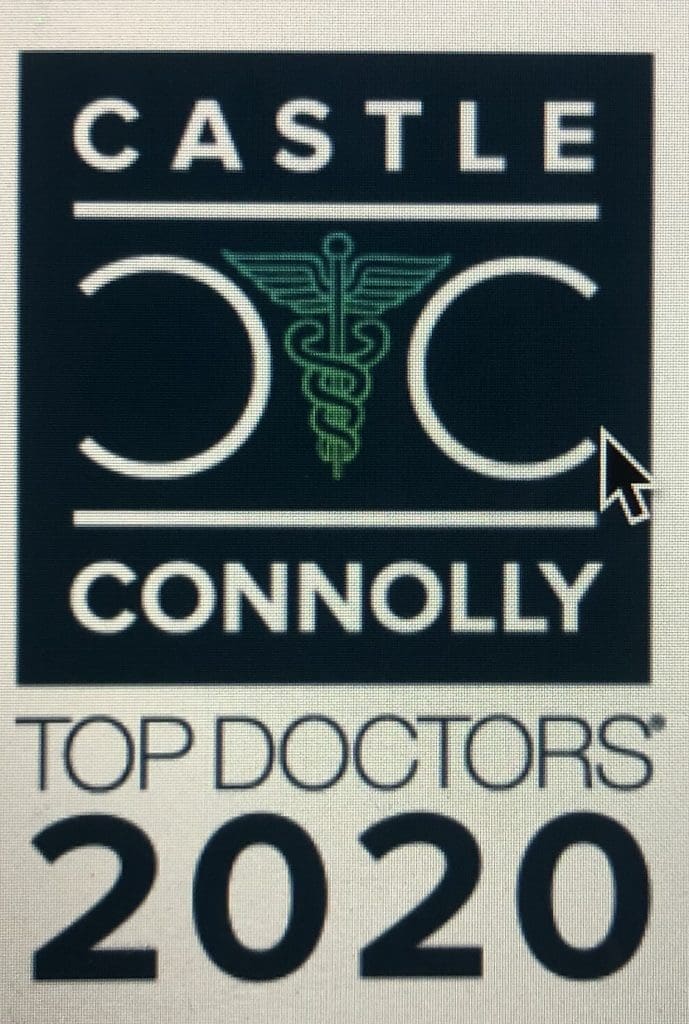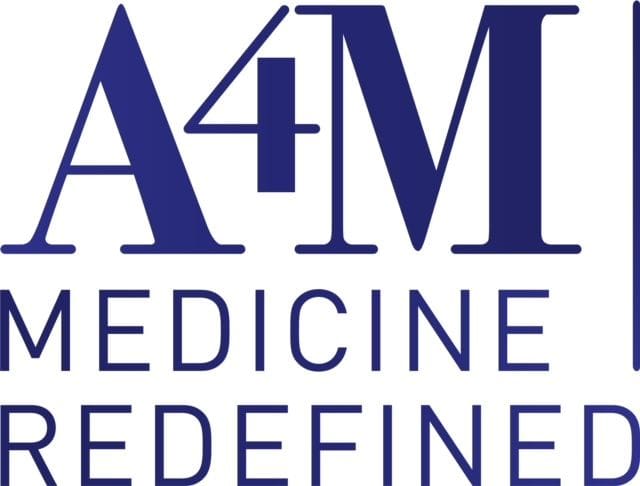Peptide Therapy
Peptide Therapy



Anti-aging, Peptide Therapy, and Hormone Optimization
Increased cholesterol, a sluggish metabolism, low libido, loss of lean muscle mass and weight gain, sagging skin, slowed mental acuity, fatigue, and chronic disease states, can all be caused by changes in the body associated with aging. Dr. Magdalena Swierczewski can assist you with alleviating some of these undesirable symptoms of aging through hormone optimization and peptide therapy.
Peptide Therapy
Peptide therapy is quickly becoming a “must-have therapy” for men and women of all ages and lifestyles. Peptides are naturally occurring amino acids that help to correct hormone imbalances, increase energy, improve cognition and mental focus, prevent/delay/reverse dementia, enhance sex drive, improve bone density, skin elasticity, muscle tone and stamina, lower body fat and cholesterol levels, decrease wrinkles, reduce inflammation, decrease joint and muscle pain, balance blood sugar and insulin, repair tissues, reverse aging, improve anxiety, insomnia, depression, and so much more!
Peptides Increase Natural Human Growth Hormone
Peptide therapy is also used to optimize the production and secretion of growth hormone levels, which rapidly decline as we age. After the age of 30, there is a progressive decline of growth hormone secretion of about 15% every decade of adult life. Growth hormone receptors have been identified on most tissues in the body including muscles, adipose tissue, the liver, the heart, the kidneys, the brain, and the pancreas. The widespread nature of these receptors points to the importance of growth hormone for protein building, promotion of lipolysis, and resistance to insulin induced glucose metabolism of the liver and peripheral tissues. Growth hormone promotes protein synthesis, improves metabolism, increases mitochondrial function, increases bone density, and many more anti-aging functions. Clearly, growth hormone is important; it maintains cellular survival, improves cellular efficiency, utilization of glucose, cellular repair, prevention of insulin resistance, and promotes healthy brain function. So why not simply give growth hormone to counteract the loss as we age? Historically exogenous human growth hormone (HGH) had been administered but had negative side effects such as shutting down natural human growth hormone production, negatively impacting pituitary function, risk of tachyphylaxis, and had been associated with a range of side effects including cancer. Exogenous human growth hormone (HGH) is clearly not the answer, but peptides are; specifically, a group of peptides that act on the release of growth hormone, hence their names: growth-hormone releasing hormone (GHRH) and growth-hormone releasing peptides (GHRPs). These peptides offer the same benefits as human growth hormone without the risks. These peptides promote natural release and production of human growth hormone, support pituitary function and health, and have no risk of tachyphylaxis, or any other side effects. As compared to HGH, these peptides (GHRH/GHRP) also continue natural growth hormone production for a period of time even after the therapy is stopped.
Why Peptides?
Peptides or molecules that are a combination of two or more amino acids joined together by a peptide bond. Peptides reside in every cell of the body: they are signaling molecules, hormones, enzymes, parts of receptors, and basically any messaging part of a cell. We have over 300,00 naturally occurring peptides in our bodies. Peptides have been utilized in medicine since the beginning of the 1920s. The first commercially available peptide in the United States was insulin. Presently 7000 peptides have been identified, over 140 peptides are involved in therapeutic treatments and are being explored in clinical trials, and more than 500 therapeutic peptides are being used in pre-clinical development. There are over 60 FDA approved peptide medicines on the market today and the number continues to grow. When naturally occurring peptides are re-created for medical therapeutics their specificity translates into excellent profiles for safety, tolerability, and efficacy in humans. Peptides are being shown to be successful in regulation of blood glucose, controlling insulin levels, treating inflammatory diseases, brain diseases, cardiac disease, metabolic syndrome, weight issues, immune deficiencies, cancers, bone and joint problems, sleep disorders, anxiety, depression and fatigue.
Most humans begin to seize making sufficient signaling peptides by around age 30. As we age, the cells of our brain and body slow down, they stop replicating, growing, proliferating—why? Because the peptides that signal this proliferation cycle begin to ebb. As a result, cells begin to either lose their efficiency or they begin making signaling mistakes, impacting all cell functioning and triggering the creation of senescence cells which, cause inflammation, immune dysfunction, DNA damage, stem cell dysfunction, and reactive oxidative species (ROS). This leads to aging, a disease of brain-body functioning marked by loss of cellular efficiency. This is when we develop disease states (diabetes, chronic inflammatory states, cancers, obesity, loss of lean muscle mass, loss of physical endurance, immune compromise, endocrine disorders, hormonal imbalance, loss of collagen, orthopedic disorders, neuromuscular disorders, cognitive impairment, dementia, Alzheimer’s, Parkinson’s, anxiety, depression, insomnia, etc.). The good news is, that peptides can intervene and make cells efficient again.
Peptides Help:
- Improve inflammatory response/balance and reduce systemic inflammation
- Improve immune function
- Improve cognitive function and memory
- Improve insulin sensitivity
- Increase GH, IGF-1
- Increase Lipolisis (fat burning)
- Increase anabolic state, increase lean muscle mass
- Increase BMR (basal metabolic rate)
- Improve/balance hormones (adrenal function/cortisol, thyroid function, increase sex drive, improve erectile dysfunction, improve sexual function/orgasm)
- Assist in cellular atophogy, mytophagy, and apoptosis
- Optimize mitochondrial function
- Reestablish and protect cellular efficiency
- Reestablish and maintain cell metabolic flexibility
- Maintain nucleotide cofactor ratios of NAD+/NADH, NADP+/NADPH, acetyl CoA/,CoA and ADP/ATP to maintain ultimate cellular redox
- Optimize P53, SIRT, and FOXO genes
- Monitor/influence Timing of cellular senescence
- Reverse inhibit epigenetic influences of the genome
- Prevent DNA mutations
- Increase mesenchymal stem cell function
- Increase amount of circulating stem cells
Who Can Benefit From Peptide Therapy and How Do I Get Started?
Everyone is a candidate for Peptide Therapy and can benefit in multiple ways. Peptides come from US-based, FDA-regulated compounding pharmacies, so a prescription from a medical provider is required. There are several different types of peptide therapy benefits. In our practice there are different categories of peptides to choose from based on their benefits (Anti-aging, Weight Management/Metabolic Enhancement, Immunity, Improved Cognition / Neuroplasticity /Brain Function, Cellular Repair, Gut Repair, Sleep/Circadian Repair). During your consultation, Dr. Swierczewski will discuss the different peptide options and make a recommendation based on your medical history/symptoms and goals. Your prescription peptide will ship to your home address from the compounding pharmacy that works directly with Dr. Swierczewski.
How Long Will I Use Peptide Therapy?
Peptide therapies usually have a “loading” period of 3-6 months before full effects and maximum benefit are noticed. That being said, certain peptides can give results as early as 1-2 weeks. In fact, unlike synthetic growth hormone that has negative side effects of long term use, peptides are natural and can be used indefinitely for maximum health benefits with little to no side-effects.
How Are Peptides Administered?
Most peptides come in an injectable, oral, or cream form. The pharmacy will ship all supplies you will need with instructions and each protocol will have specified dosing and duration. Dr. Swierczewski will discuss options during your consultation and help you select the best peptide for your needs, as well as walk you through how and when to take each peptide.
*To schedule an appointment, please call or email:
telephone: 631-283-0015
email:office@drmagdalenas.com
Teleconsultation / virtual visit available













